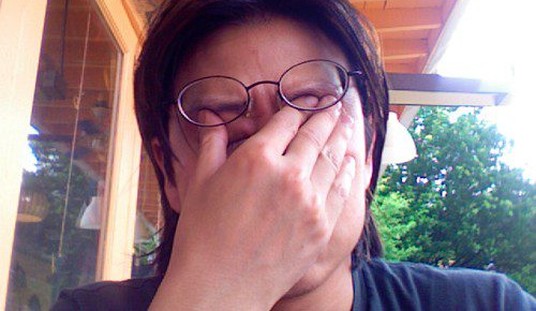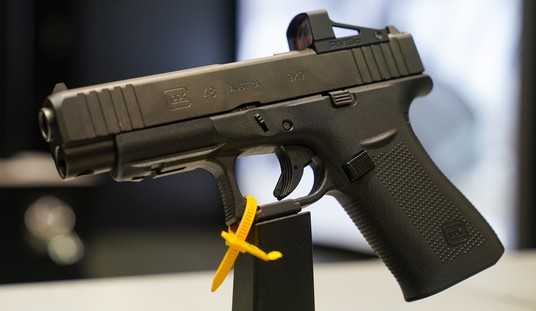While anti-gun politicians in Philadelphia are promising to reduce the city’s growing violent crime rate through more gun control laws, one criminal justice professor in the city says local leaders need to invest in strategies that address the real issues driving the drug and gang-related violence.
Professor Caterina Roman from Temple University says for too long the city has “done what is convenient rather than what is demonstrated” to reduce violence, and she wants to see the city adopt evidence-based strategies to combat violent crime and deal with the individuals driving the violence on city streets.
To date, Philadelphia has invested too much in programs and ideas that lack rigorous supporting evidence and are not tied specifically to reducing shootings. For instance, months of strategic planning under the city’s Youth Violence Prevention Collaborative by 2016 mostly only yielded piecemeal investments to increase summer jobs and job training for youth and young adults with no demonstrated link to reductions in violence. While Philadelphia has seen rising gun violence in the last three years, other American cities have reduced their levels of violence because they are willing to fund programs with strong evidence and scale those programs when evaluations show success.
The existence of proven interventions suggests that cities can make a real difference. We have seen this in New York City, with millions of dollars dedicated to the Cure Violence public health approach, in Los Angeles with the Gang Reduction and Youth Development strategy, and in cities in Connecticut and Massachusetts with Project Longevity and the Safe and Successful Youth Initiative, respectively.
While the examples from Professor Roman all come from anti-gun locales, the programs themselves don’t actually involve any new gun control laws (though at least one program, Project Longevity, has teamed up with the gun control group Giffords for an event). Instead, these programs are designed to reach the individuals who are most at risk of shooting and being shot, and to offer them a way out.
As Roman notes, the city of Philadelphia has experimented with these types of programs in the past.
As of Dec. 8, Philadelphia had 335 homicides, compared with 238 on the same date in 2014 — a year when two evidence-based gun violence interventions were operational in Philadelphia: Focused Deterrence in South Philadelphia and CeaseFire/Cure Violence in North Philadelphia. At that time, homicides across the city were 41% lower. But the city phased out the strategies — one for lack of funding and one mostly for lack of will — even in light of my and my colleagues’ evaluations finding that each intervention reduced shootings by at least 30% in their target areas in the two years after the early 2013 implementation, compared to statistically matched neighborhoods not getting the interventions.
So, Philadelphia had programs in place that were working, but the city leaders got rid of them and now the homicide rate is soaring. It seems like instead of talking about more gun control laws that would impact legal gun owners, Philadelphia Mayor Jim Kenney would be much better off focusing on the lawbreakers who are responsible for the city’s rising homicide rate.









Join the conversation as a VIP Member